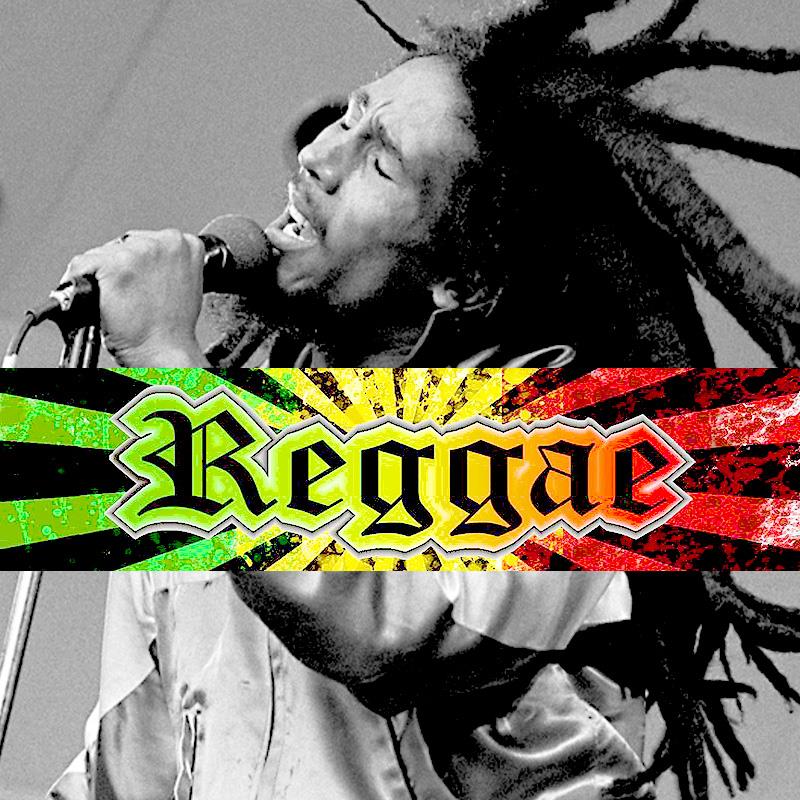
Reggae music originated in Jamaica in the late 1960s and incorporates some of the musical elements of rhythm and blues, jazz, mento (a celebratory, rural folk form that served its largely rural audience as dance music and an alternative to the hymns and adapted chanteys of local church singing), calypso, African music, as well as other genres. One of the most easily recognizable elements is offbeat rhythms; staccato chords played by a guitar or piano (or both) on the offbeats of the measure. The tempo of reggae is usually slower than ska but faster than rocksteady] The concept of "call and response" can be found throughout reggae music.
The bass guitar often plays the dominant role in reggae. The bass sound in reggae is thick and heavy, and equalized so the upper frequencies are removed and the lower frequencies emphasized. The guitar in reggae usually plays on the off beat of the rhythm. It is common for reggae to be sung in Jamaican Patois, Jamaican English, and Iyaric dialects. Reggae is noted for its tradition of social criticism and religion in its lyrics, although many reggae songs discuss lighter, more personal subjects, such as love and socializing.
Reggae music usually relates news, social gossip, and political comment. It spread into a commercialized jazz field, being known first as ‘Rudie Blues’, then ‘Ska’, later ‘Blue Beat’, and ‘Rock Steady’. It is instantly recognizable from the counterpoint between the bass and drum downbeat, and the offbeat rhythm section. The immediate origins of reggae were in ska and rock steady; from the latter, reggae took over the use of the bass as a percussion instrument.